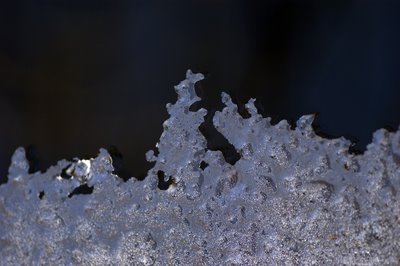
The notion of desert is alien. I recoil from the prospect of scorching heat; I shudder at the thought of scorpions. I feel anticipatory vertigo, faced with arid expanses reaching to the utmost horizon, broken only by cacti and the occasional rattlesnake.
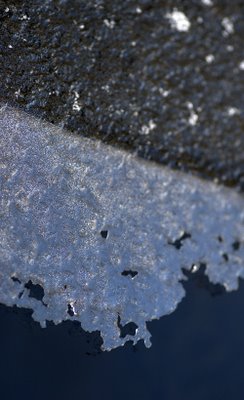
It's not simply the desolation. As I've mentioned before, The Idea Of North -- tundra, ice-floe -- forms a big swath of my inner spiritual geography. These are certainly not intimate landscapes of woods and bogs and brooks. They are, for all the ice, as arid and perilous and forbidding as any desert. The word "God-Forsaken" presents itself as a potential descriptor for these empty places. How odd ! Wouldn't forsaken-by-everything-but God be more apt ? Isn't God the endpoint of the apophatic project, just as Buddha nature and emptiness is of Buddhist meditation ?
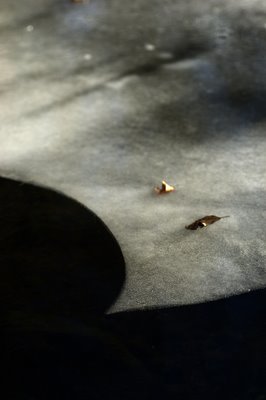
The season strains toward its apophatic culmination. The roadside weeds are dry and broken, stippled with mold. And yet under the ice there is green and there is flow,
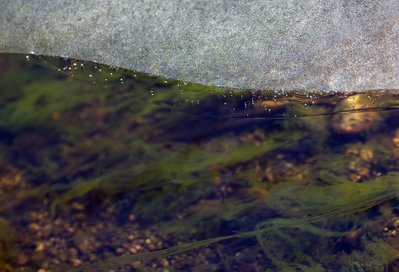
and on top of the ice small seeds lie scattered: there is an ongoing project here, the antithesis of apophatic -- life.

It smolders everywhere, waiting for the kindling breath of lengthening sun. Standing, looking around, alone with the cloud of my own breath, I feel the old joy arise. I am a bent reed, I am a tiny seed on snow, and I brim like a spring stream with gratitude.
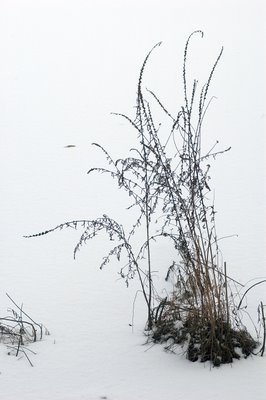
Old reeds genuflect,
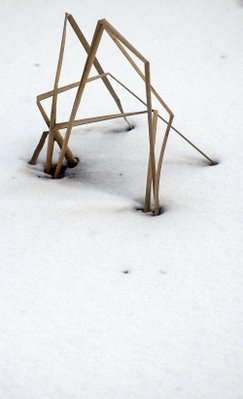
and bow;
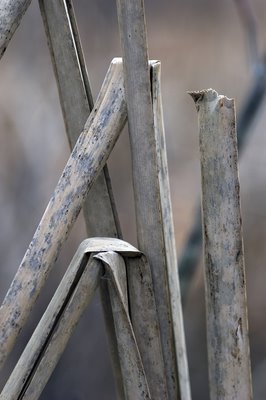
stripped vines entwine and arise.

There are liturgies everywhere,
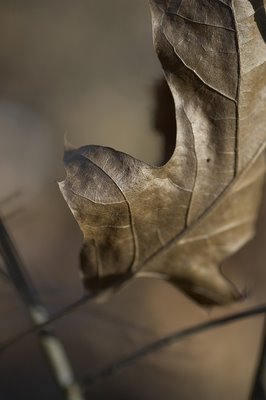
and crucifixions.
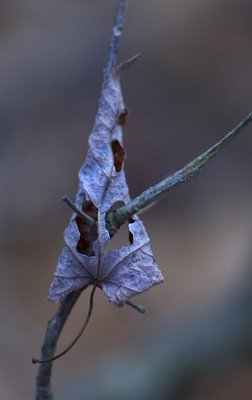
Especially crucifixions.
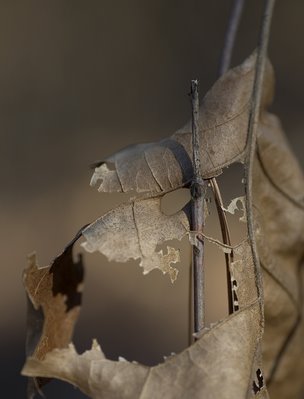
And hangings. Penal suffering, as Simone Weil aptly noted, is a very specific affliction: One might choose no matter what degree of asceticism or heroism, but not the cross, that is to say, penal suffering.

Penal suffering. Suffering inflicted by God-forsaking power. Twenty six Japanese martyrs -- six Jesuits and twenty Christian converts -- tied to crosses and run through by swords in 1597. In Nagasaki.
Nagasaki. Suffering inflicted by power, by oppressive force. Such a weight of suffering that it collapses into an fused-glass desert of pain: cross, sword, bomb, countless limbs.
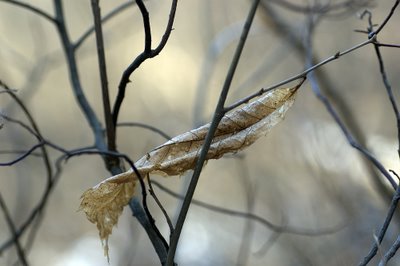
Stabat Mater Dolorosa plays in an endless loop; there are Pietas on every street corner.
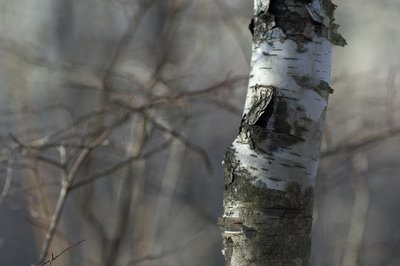
What, then, shall we do ?
Audite. Listen. The wind whistles through an empty gall,

and across the mouth of an empty tomb; it moves between the trees of the forest sanctuary, and up the throats of the ranked organ pipes of the church sanctuary.

What, then, shall we do ?
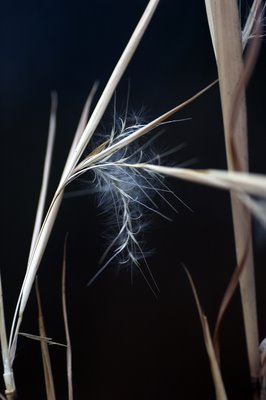
In desert silence you can hear sand sifting over sand, a green sprout breach wet humus, or a snowflake melt.
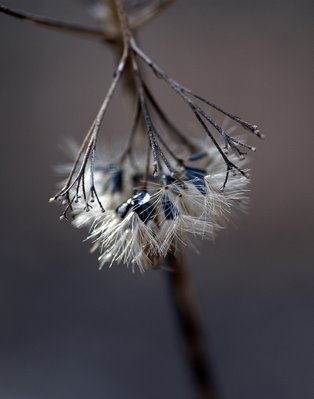
And when, under the weight of snow and ice, a branch cracks in two,
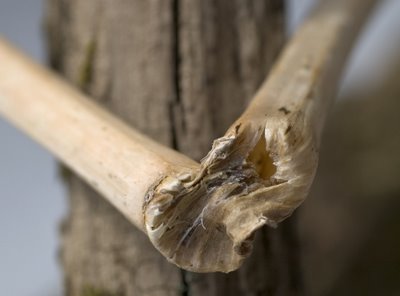
it is with the sound of our own breaking, and the sound of every body broken by us and broken for us. It is the sound of sin and of the forgiveness of sin, of birth and death, of time and eternity,
and of the question, implicit as marrow, occulted in every amen --

What, then, shall we do ?
No comments:
Post a Comment